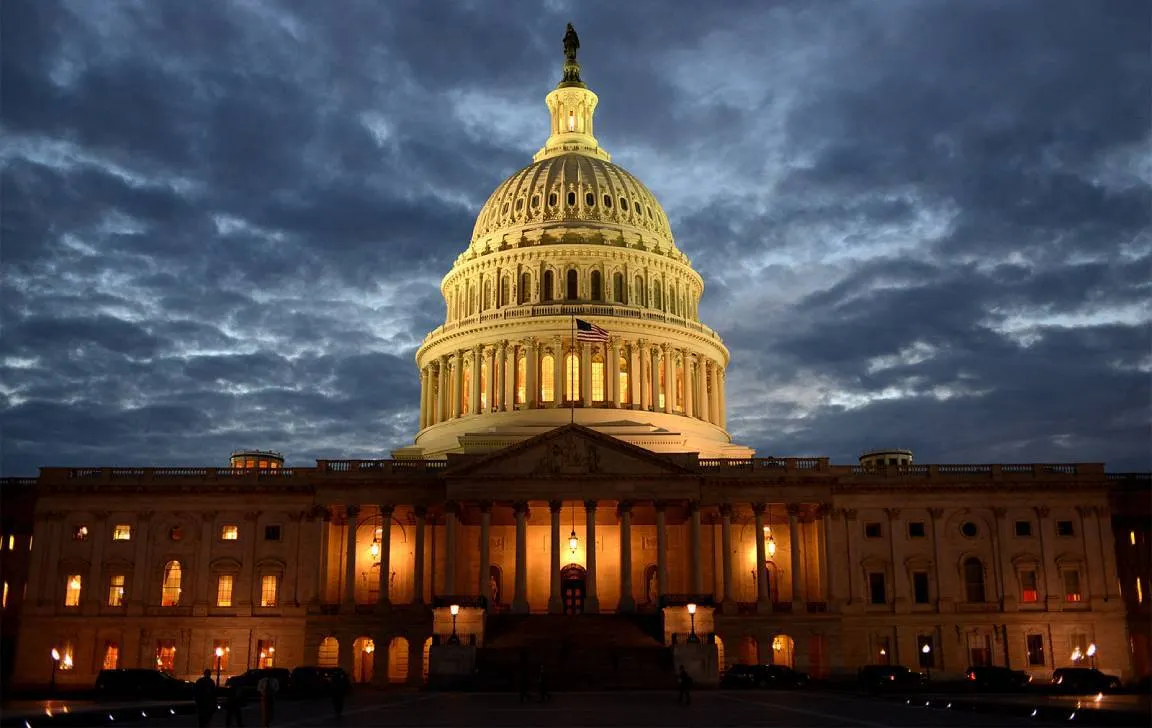
Shortly
- The GENIUS Act aims to create a regulatory framework that covers all stablecoins in the United States.
- There are concerns about the bill’s potential impact on traditional banks.
- Its legislative code differs from the House's STABLE Act in regulatory approach and reserve assets.
Senate Majority John Thune (R – SD) started procedures on Wednesday in order to accelerate a vote regarding the U.S. first regulatory framework of stablecoins.
Thune urges senators to expedite the GENIUS ActThe legislation seeks regulation of stablecoins tied to the U.S. Dollar. Bill Hagerty, a Senator from South Carolina and Tim Scott and Cynthia Lummis are co-sponsors of the bill.
It's part of a "critical first step" to deliver on President Donald Trump and the American people's "mandate to advance a regulatory framework for digital assets," National Republican Senatorial Committee chair Scott said in a Statement This Thursday.
This legislation is a good example of how to get started. It is not a good idea to use out of committee earlier in March, with Senator Hagerty saying he's expecting a full floor vote by the end of April.
The GENIUS Act is more than just a set of rules that govern stablecoins. The GENIUS Act is a broader initiative that aims at cementing the U.S. Dollar dominance within global finance.
But traditional banks are opposed to the bill.
The Senate stablecoin bill is "deeply flawed" and poses "grave and unacceptable dangers" to consumers and the broader financial system, Arthur Wilmarth, Professor Emeritus of Law at The George Washington University, The opinion of the opined American Banker published a piece in March based upon a Policy Brief He wrote it in February.
Wilmarth argues that nonbank stablecoin issuers could compete with FDIC-insured banks by offering "shadow deposits," potentially undermining the traditional banking system.
The professor expressed concerns about the possibility that stablecoins could be used to allow commercial companies to access the banking sector by acquiring non-bank issuers of stablecoins.
It's worth noting that the Senate's GENIUS Act, in its Current version, differs from the House's STABLE Bill in three key areas.
Senate Bill allows the use of money market fund reserves while House Version is stricter.
They both have a threshold of $10 billion, but they use different methods. STABLE imposes a moratorium of two years, while GENIUS just requires a quick study.
Trump’s administration wants both bills to be passed. Before signing Congress's August recess.
Last week Decrypt According to reports, Coinbase is the U.S.’s largest cryptocurrency firm. Try to avoid Both the GENIUS Act as well as the STABLE Act From reaching the floor vote.
Tech venture capital firm Andreessen Horowitz had been "sympathetic" to delaying votes on stablecoin legislation and has been helping Coinbase in its efforts, sources told Decrypt.
Editor by Sebastian Sinclair


